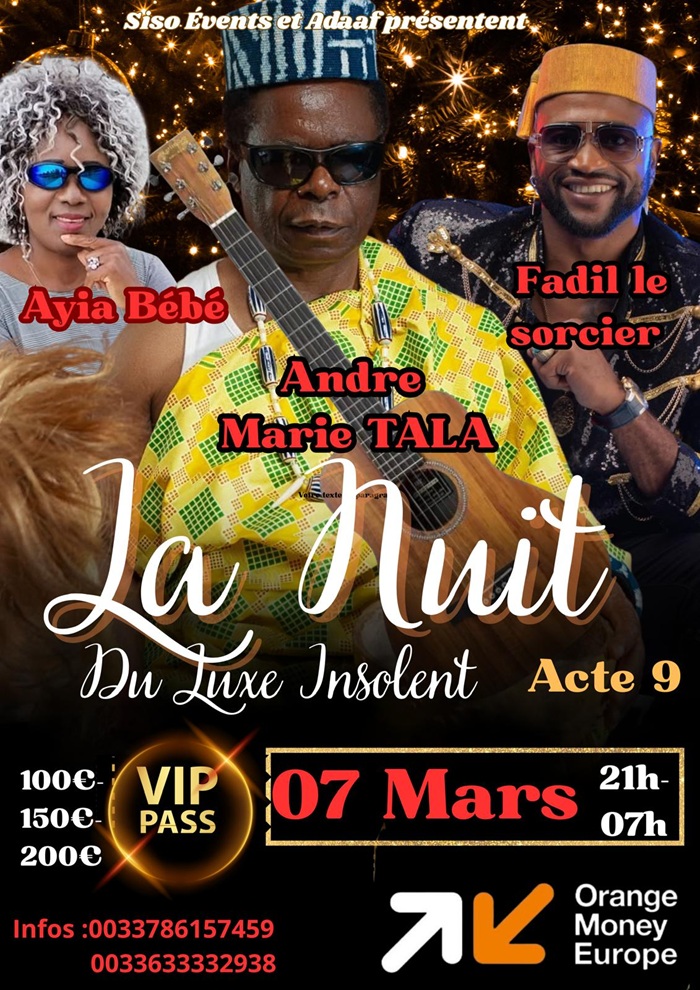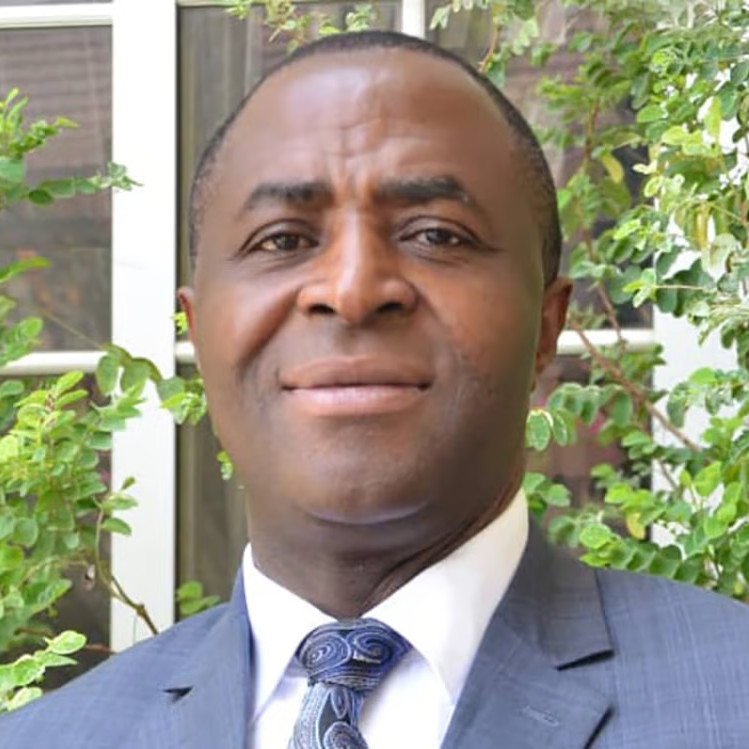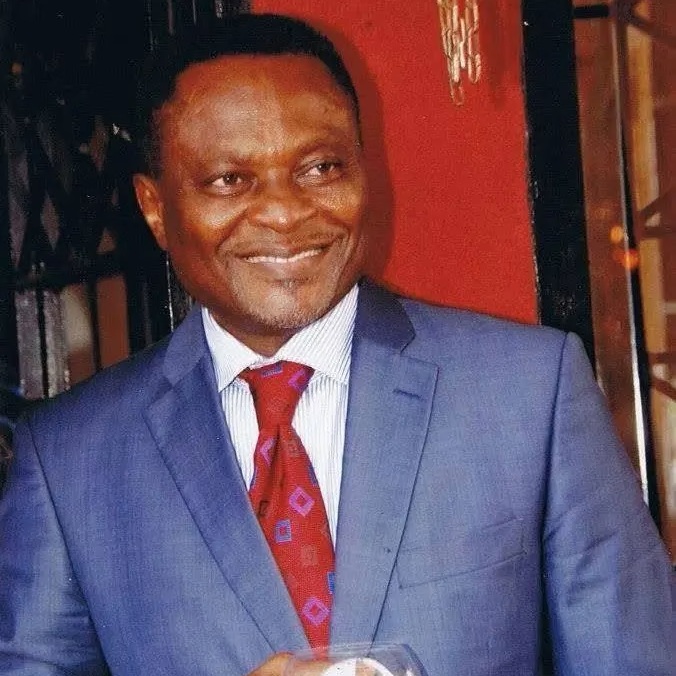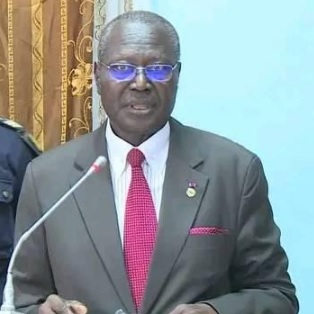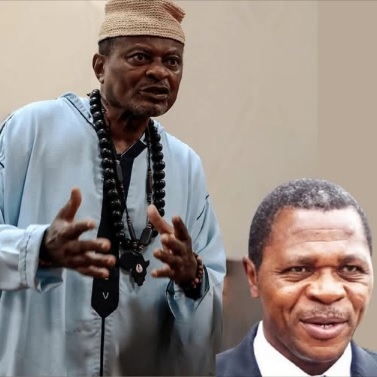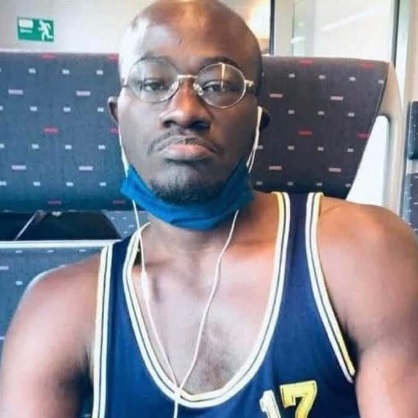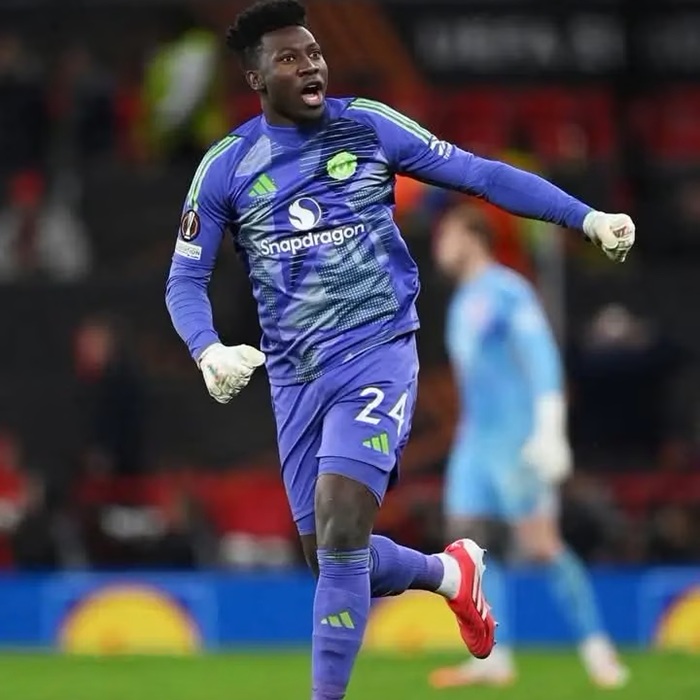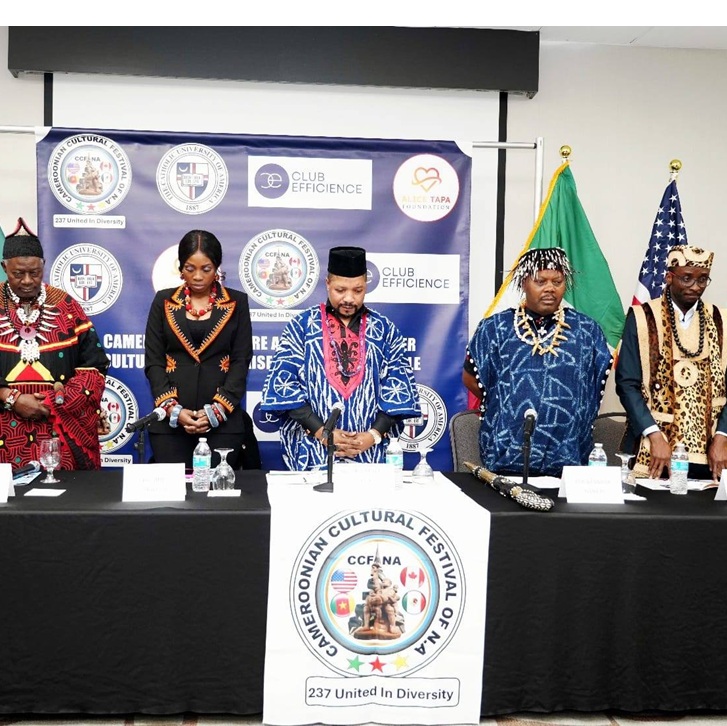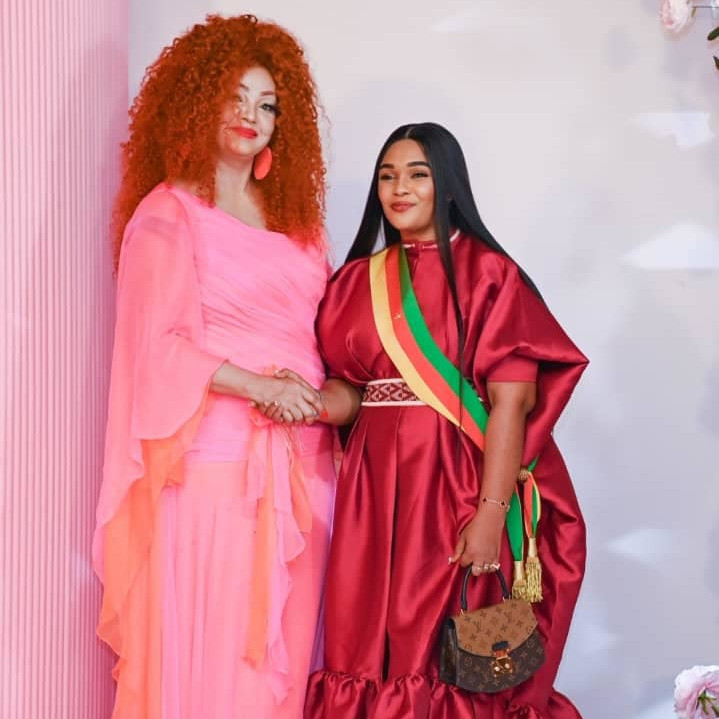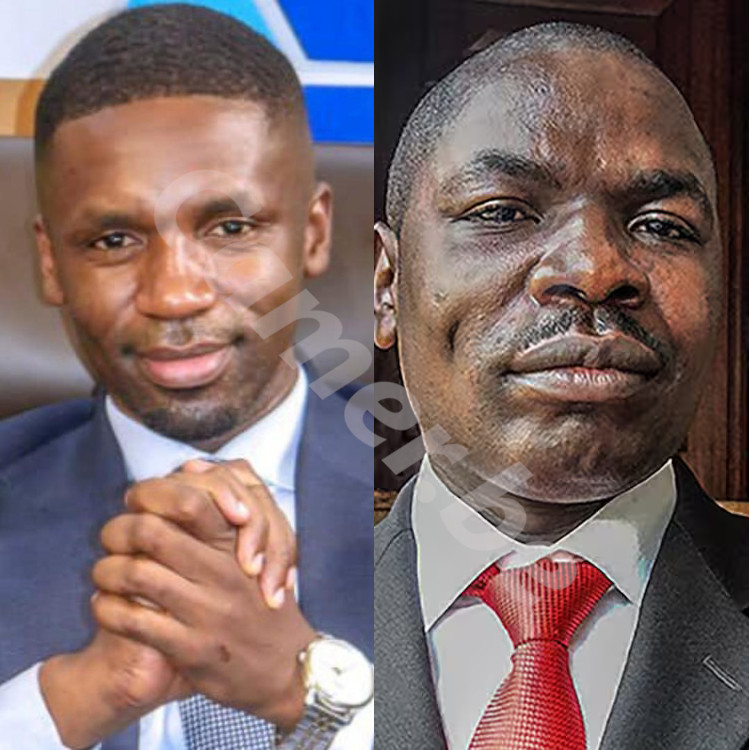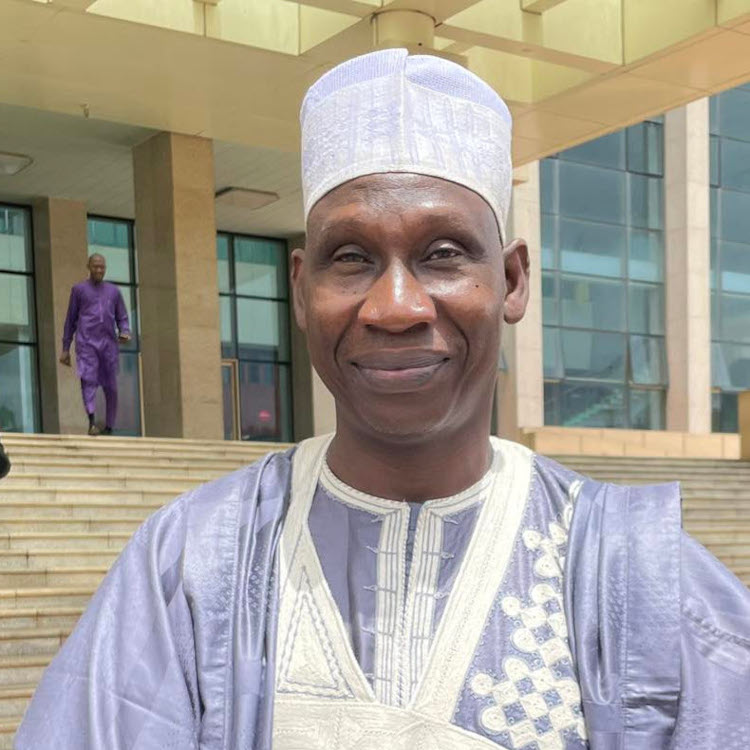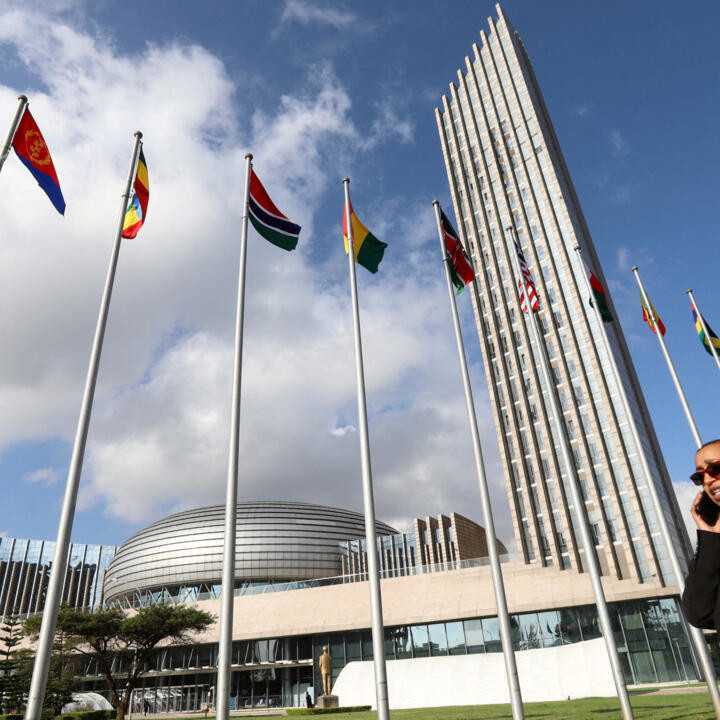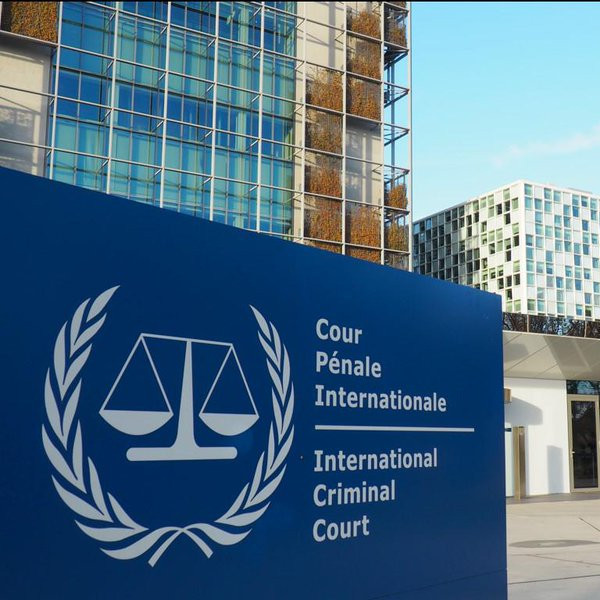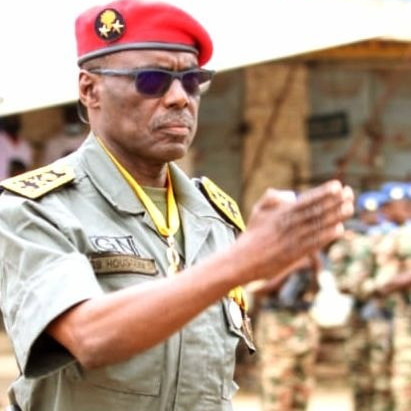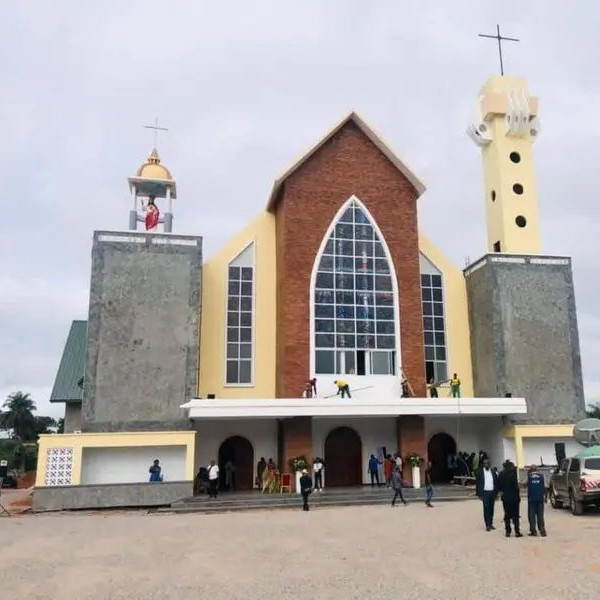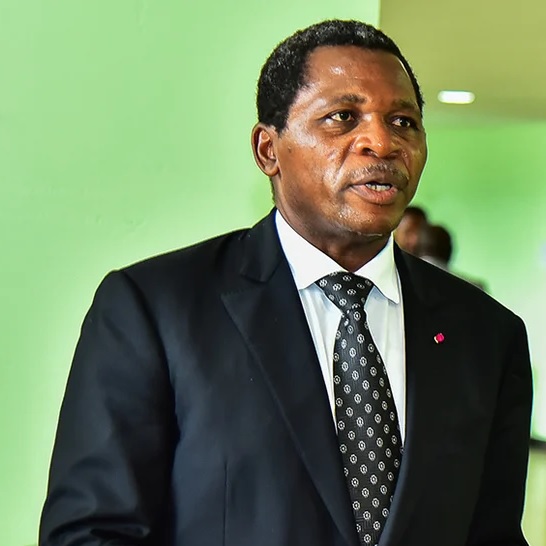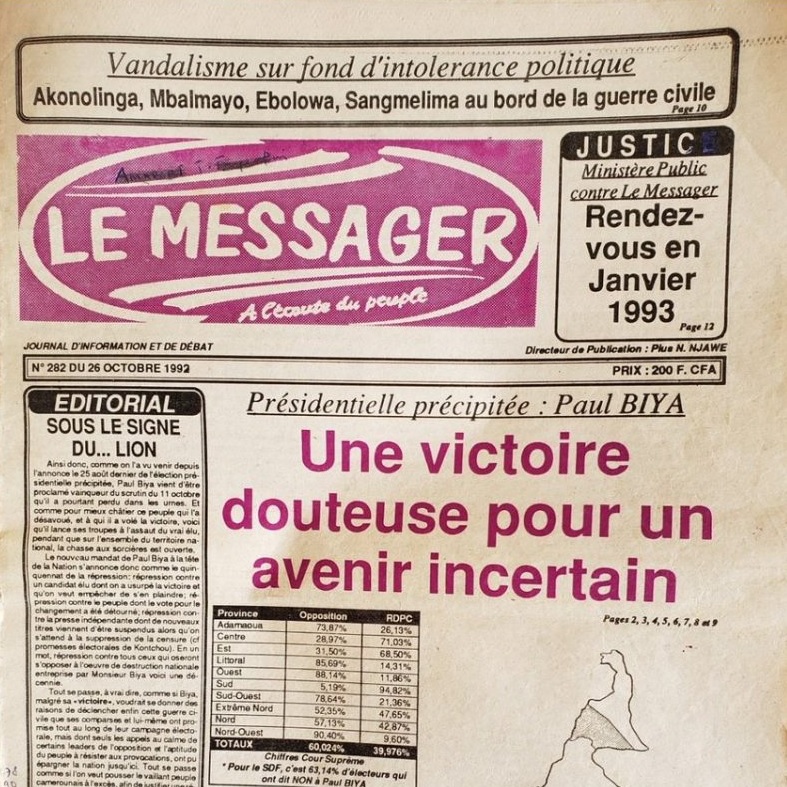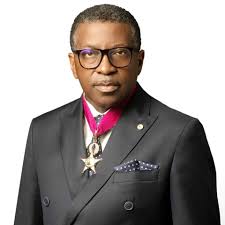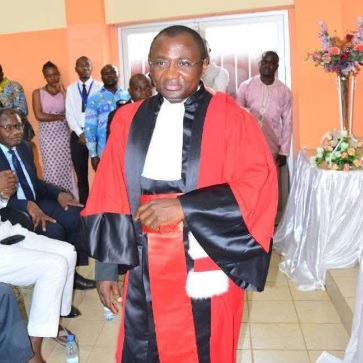

-
© Camer.be : Franck BAFELI
- 01 Sep 2018 10:08:00
- |
- 2475
- |
CAMEROUN :: Cameroonian Escapes Jail Term in Congo : Who benefits from non-dissuasive court decisions?
‘Nodissuasion’ is the decision rendered by theOuesso High Court in Congo in a wildlife trafficking case against Abdou Mahamad, a Cameroonian suspect and a big time trafficker who was arrested with nine ivory tusks. On August 23, he received a suspended sentence of twoyears meaning no jail term for him and shattering efforts to hit the illicit international trade in ivory.
Ivory trafficking inthe Central African sub region hasgone international through a strengthening of international criminal networks, especially by the Chinese, according to a study recently published by WWF. Three factors seriously jeopardize the fight against ivory trafficking in Central Africa: weak governance, corruption and changing trade patterns. The report reveals that in Central Africa, open domestic ivory markets are disappearing mainly because of law enforcement efforts and competition with underground criminal networks. In their place, a sophisticated international trade is taking overand this is facilitated by high level of corruption.
The study reveals that organized criminal networks operate, particularly by Chinese citizens, in the sub-region and become key players in the international ivory trade. Criminal networks and criminal associations are developing, often with impunity across the sub-region. Other countries and the Republic of Congo show their willingness to fight the trade but the reality on the ground is sometimes different because some traffickers manage to use their influence
to circumvent the law. Six traffickers were recently arrested in Douala with over 700kg of pangolin scales. Three did not show up in court for the first hearing of the case, following an unusual release on bail of the traffickers and fears are that they may have escaped. Two of them were from the Central African Republic.
Strong actions must therefore need to be taken throughout the commercial chain, in the source countries of Central Africa (fight against poaching, black markets and corruption, strengthening of governance), at regional and international levels to be able to fight criminal organizations. It should be noted that several opportunities had been in the past offered to the court in Ouesso where it was expected to execute exemplary justice and deterrence to stop these traffickers but the results have not been up to expectations.
Prior investigations show that Abdou Mahamad placed orders for ivory tusks with poachers positioned in the forests and would use the cover of his Pokola-based shop to sell to clients who came in from cities in Congo but as also from Cameroon and Gabon. Pokola that is located in Northern Congo maintains the sad and infamous reputation of being a strategic center for the supply, storage and resale of ivory.
Observers say the no jail term decision,which is very much a reprieve for the trafficker,not only goes against all legal norms and probity but also against efforts made by ecogardes and judicial police officers in the area.
The decrease, or even the probable disappearance of wildlife species on the planet prompted the Republic of Congo to take someconservation resolutions and pledge to effectively fight against all the perpetrators of such crimes by strictly and ethically applying the laws., The country is one of the few African countries that has high penalties and sanctions for wildlife crime for almost 30 years. The elephant is fully protected by the Congolese wildlife law.
Pour plus d'informations sur l'actualité, abonnez vous sur : notre chaîne WhatsApp
Lire aussi dans la rubrique SOCIETE
Les + récents
Enlèvement du Professeur Moïse Timtchueng: Le MRC appelle à une libération immédiate
Renvoi au 15 janvier par la Cour Suprême de l’examen du pourvoi en cassation de Sisiku Ayuk Tabe
ANICET EKANÉ : ARCHÉOLOGIE D’UNE MORT RÉUSSIE par Serge Alain GODONG
Hommage de la Comicodi à l’honorable Daniel Kalbassou: Un grand commis la nation
ANICET EKANE AU PANTHEON, ATANGA NJI DANS LA POUBELLE DE L'HISTOIRE
SOCIETE :: les + lus
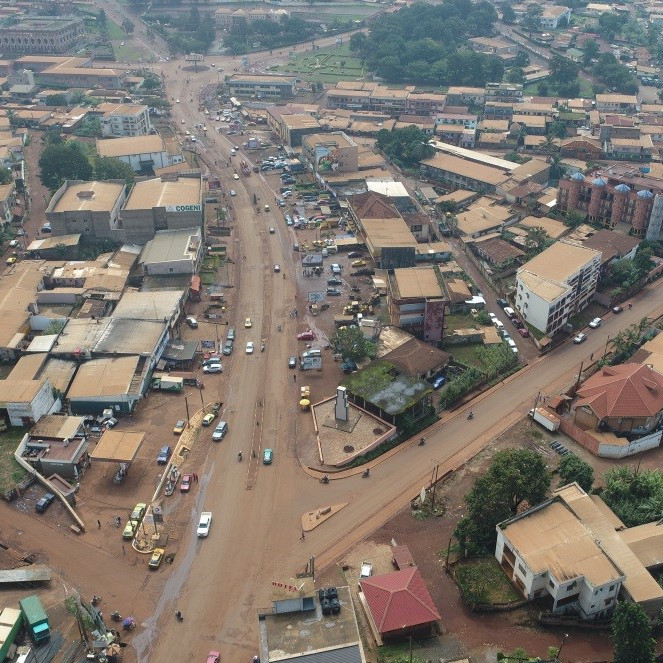
26 élèves surpris en train de tourner un film osé à Bafoussam
- 30 April 2015
- /
- 1023916

Brenda biya sème la terreur en boîte de nuit à Yaoundé
- 15 July 2015
- /
- 560591

Menacée de mort par sa famille car elle est lesbienne
- 03 March 2016
- /
- 448060

Oyom-Abang : une femme marche nue à Yaoundé VII
- 09 July 2015
- /
- 386074

LE DéBAT




Afrique : Quel droit à l'image pour les défunts au Cameroun ?
- 17 December 2017
- /
- 218760

Vidéo de la semaine
évènement
